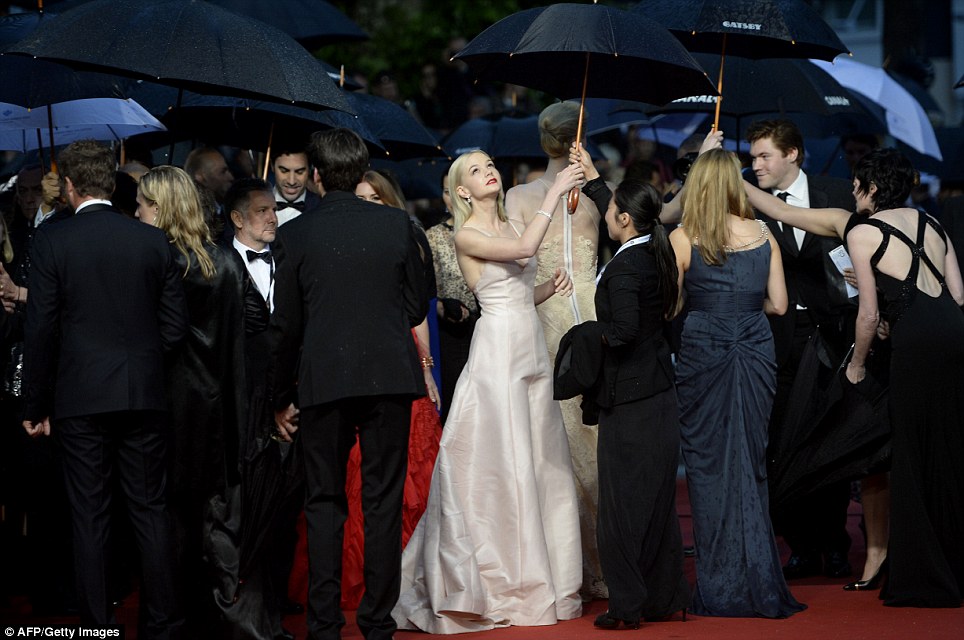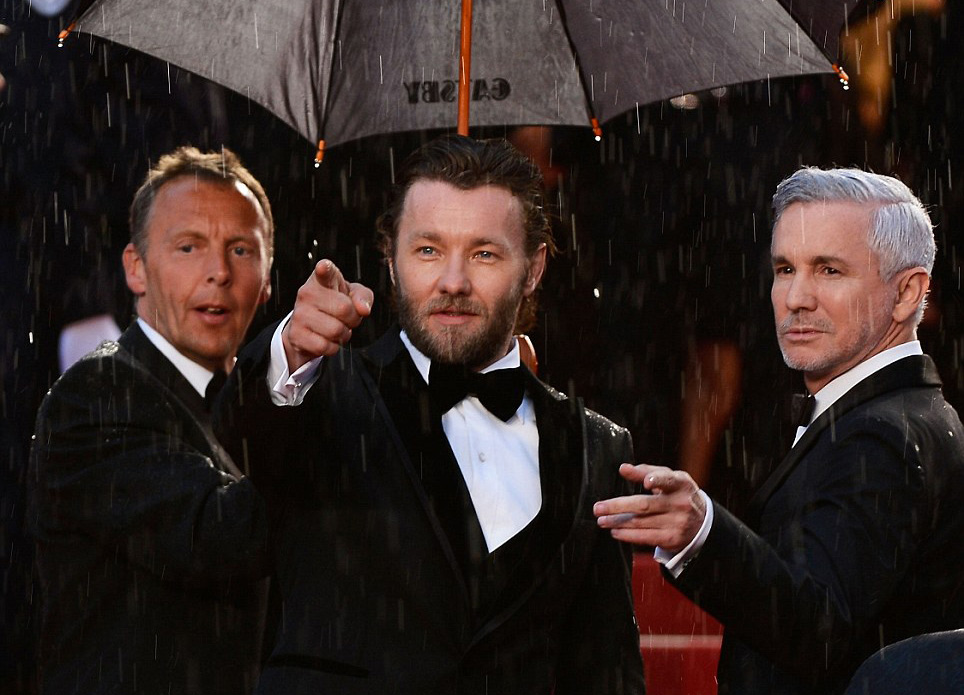As most filmmaker’s know, film festivals are usually launchpads for films and film careers. From the short film you just made out of film school, to the feature you saved and misered every cent to make. Getting your film into a film festival not only places a crown of laurels on it but it a stamp of approval on you – the filmmaker.
Acquisition executives rely on the choices made by film festivals to help them filter through the variety of content submitted to them for cinema chains, which means if you get selected there’s a chance for a theater run! The festival also serves as a networking tool, where you can meet other filmmakers for possible collaborative works.
Across the world from London to Istanbul to Auckland, festivals showcase the unique voice of filmmakers from not only their own region but from others as well. Currently, you can watch Korean films in Sydney showing at Koffia, (which is touring Australia) which is just one example of how film festivals highlight and celebrate culture.
A film festivals role is to provide audiences with new and fresh films that are not usually shown in cinemas or to the filmgoing public, alternatively it also provides an audience for filmmakers to show their work. The best part is that if your film becomes a festival hit, it will gain an audience for a possible theater run (e.g Tarantino’s Reservoir Dogs, or Ben Zeitlin’s Beasts of the Southern Wild, both were winners at Sundance). Distributors will also use festivals to gain publicity before a film’s commercial release (Canne’s is a great example of this).
So why should you attend film festivals? In Elliot Grove’s book Raindance Producers Lab Lo-To-No Budget Filmmaking he states the four reasons filmmaker’s should attend, here they are listed below.

Actor Carey Mulligan avoids the big wet at Cannes (image: Getty Images).
1. Do a Deal
“The primary reason for submitting your film to a film festival is to have it screened in front of acquisition executives who will ‘discover’ your film and make you an offer on the spot. If you are attending one of the smaller festivals, it is unlikely that this will happen. Film buyers travel through the major and mini-major festivals and would only consider a side trip to your screening at a smaller festival if you carefully planned the publicity surrounding your screening. They might reasonably ask why you had not been accepted into a larger, more convenient festival.”

Tropfest 2012 winner Alethea Jones being presented with her award by Cate Blanchett for her movie ‘Lemonade Stand’ (Image: Getty Images).
2. Win Awards
“If you read bios of filmmakers, you will often see the phrase ‘an award-winning filmmaker’, but the names of the awards are never mentioned. That is because there are only three awards worth naming on a CV.
The most prestigious award is the Oscar™. Even a nomination is mentioned on a filmmaker’s CV. The Academy has carefully presented itself to the industry as a credible event, although in recent years it has become known as a marketing contest with the cleverest and most expensive marketing campaigns winning the awards.
Following that, the Palme d’Or at Cannes is highly esteemed. Its cachet has become established because it is judged by very high profile industry jurors at the most important film festival of the year. The third most sought-after award is the Golden Bear presented at the Berlin Film Festival.
Many festivals offer awards to any filmmaker attending their festival as a means of attracting entries. A friend of mine, Dov Simens, had a 20-minute live action short starring William Forsythe. He submitted to the Montreal Film Festival knowing that they had a 35mm live action science fiction short film category and gave out gold, silver and bronze medals. There was one other entrant – Dov won the bronze. A few weeks later he did the same thing at the Cincinnati Film Festival and now calls himself a multiple award-winning filmmaker.”

Baz Luhrmann and Joel Edgerton tell YOU to attend a film festival (image: Getty Images).
3. Sit on a Panel aka Do a Q & A.
“If award winning is not your thing, then get yourself invited to sit on a panel. Not only will it help you hone your public speaking skills, but you can then claim that you were directly involved with the festival. Alternatively, agree to a post-screening Q&A. Audiences are always keen to ‘meet’ the filmmakers and a personal appearance will help sell tickets.”

Tropfest 2013, Winners Matt Hardy (Director/Actor) and Aaron Tsindos (actor) (Image: Simon Bullard).
4. Getting Reviews.
“Film journalists really do not enjoy film festivals. Suppose your first film festival is a small regional film festival, a mom and pop film festival. The local weekly newspaper will have a film journalist who creates the weekly centre spread on movies from the press kits supplied by the major distributors. But with the film festival approaching, s/he will have to watch all the films entered into the festival and write reviews. As a producer, you want a good review, and hope and pray that the pictures you sent to the festival with your press kit are attractive enough to get printed in the newspaper.
The film journalist for this small weekly newspaper also has career aspirations. S/he would like to work on one of the daily papers, or get a job reviewing films on a radio or television station. Because the newspaper is so small they also have to cover the horse racing, but a festival really gives them some hope of a ticket out of Smallsville. Journalists have learned that they should always print a superlative in their review, even if they hate it, because they know you will quote their review out of context. For example: ‘Elliot’s first film is a fine example of how not to make a movie’ becomes ‘Elliot’s first film is a fine example’.
When you quote the journalist out of context they then can include your quote in their portfolio. If their quote makes it onto your poster, be certain you include their name and publication and send them a copy!”
So there you have it! Next time you see a festival near you, be sure to grab a ticket…even if your film wasn’t selected! Go along, enjoy the ambience and be inspired to make better films.
Feature Image by Kristian Dowling & Attila Szilvasi




